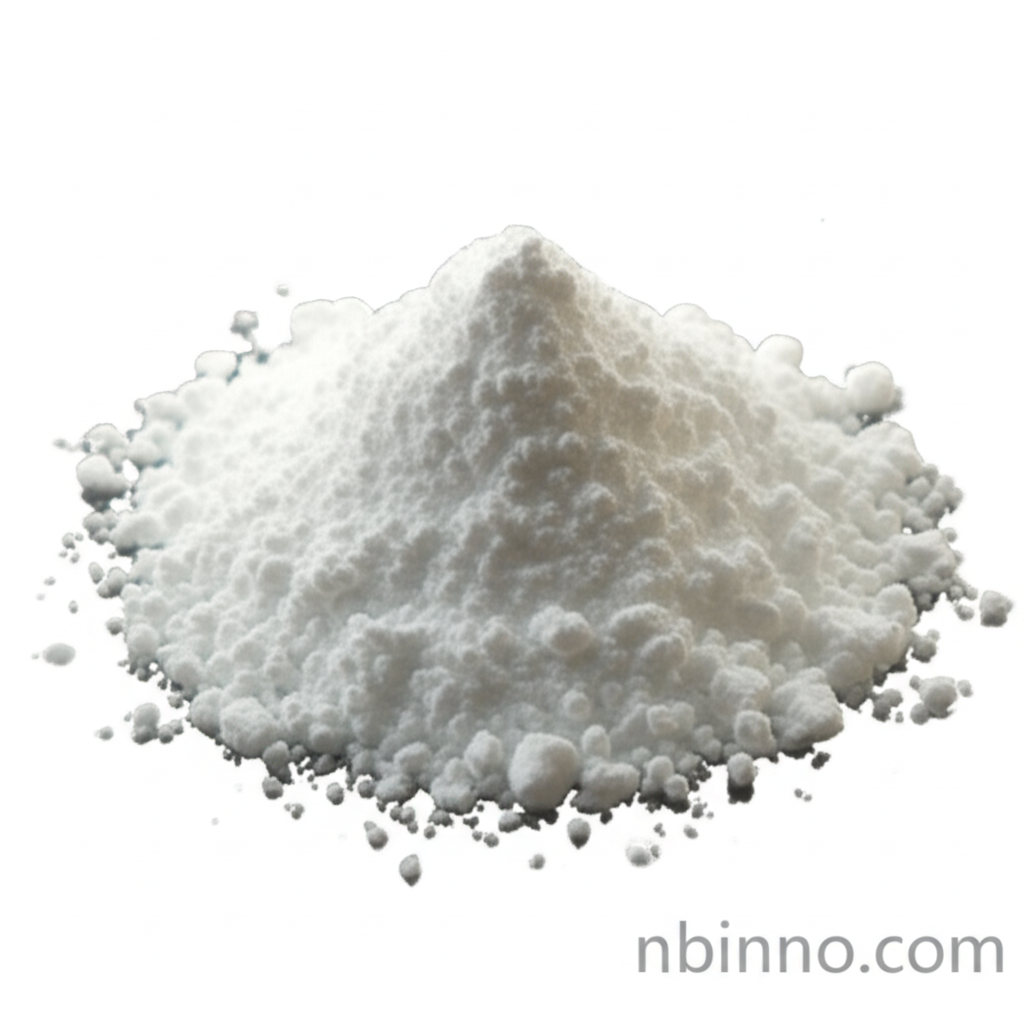Exploring 1,3-Bis(dicyclohexylphosphino)propane: A Versatile Ligand in Organic Synthesis and Catalysis
Discover the chemical properties and diverse applications of this key organic intermediate in modern chemical processes.
Get a Quote & SampleProduct Core Value

1,3-Bis(dicyclohexylphosphino)propane
1,3-Bis(dicyclohexylphosphino)propane is a crucial organic intermediate renowned for its utility as a bidentate phosphine ligand. Its molecular structure, featuring two dicyclohexylphosphine groups connected by a three-carbon propyl chain, imparts excellent chelating abilities and a rigid spatial arrangement. This makes it highly effective in stabilizing transition metal complexes, thereby enhancing their reactivity and selectivity in various catalytic transformations.
- Discover the wide range of organic intermediate applications for 1,3-Bis(dicyclohexylphosphino)propane, a key component in many chemical syntheses.
- Learn about the phosphine ligand synthesis pathways and how this compound plays a vital role.
- Explore the benefits of using dicyclohexylphosphino propane uses in catalysis to improve reaction efficiency.
- Investigate the high purity organic intermediates that are essential for advanced chemical research and development.
Advantages Offered by the Product
Enhanced Catalytic Activity
The unique structure of 1,3-Bis(dicyclohexylphosphino)propane as a phosphine ligand significantly boosts catalytic activity in various organic reactions, leading to higher yields and faster reaction times. This is crucial for achieving efficient organic synthesis.
Stabilized Metal Complexes
Its strong chelating ability helps to form stable transition metal complexes, which is a key aspect of effective catalysis. This stability ensures consistent performance in demanding chemical environments.
Versatility in Applications
As a versatile organic intermediate, it finds broad use in preparing carbonyl complexes and participating in cascade reactions, showcasing its importance in diverse organophosphorus compounds in catalysis.
Key Applications
Catalytic Reactions
This compound serves as a critical ligand in many catalytic reactions, including asymmetric catalysis, improving selectivity and yield. Utilizing 1,3-Bis(dicyclohexylphosphino)propane CAS 103099-52-1 applications can lead to significant process improvements.
Organic Synthesis
It is widely employed as an organic intermediate in the synthesis of complex molecules, acting as a building block or catalyst modifier for efficient organic synthesis.
Transition Metal Complex Formation
The ability to form stable complexes with transition metals makes it invaluable for creating new catalytic systems and materials, highlighting the importance of dicyclohexylphosphino propane uses.
Research and Development
Researchers utilize this compound for exploring novel reaction pathways and developing advanced chemical processes, underscoring the demand for high purity organic intermediates.
